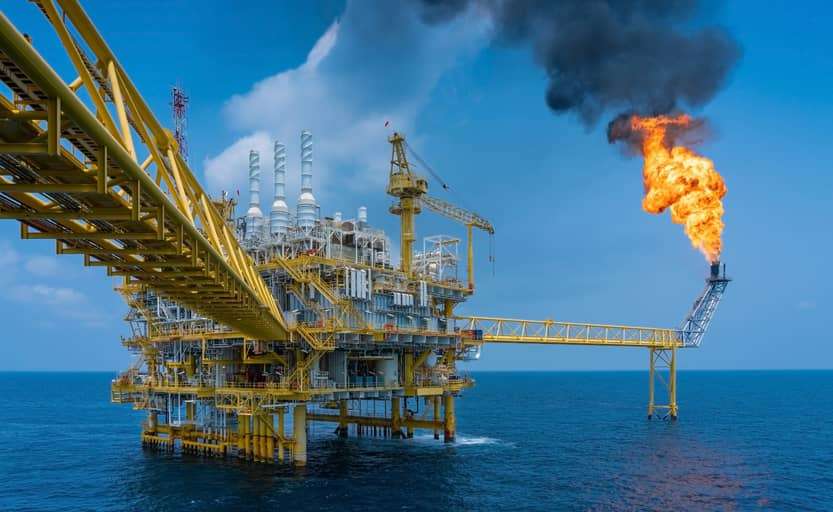West Africa’s largest economy, Nigeria, is forecast to expand from an estimated 3.1 per cent in 2021 to 3.5 per cent in 2022, representing the eighth consecutive year in which Nigeria has underperformed the aggregate growth figure of emerging markets, according to Fitch.
With emerging markets (EMs) expected to grow at 4.8 per cent as a whole, this reflects an improvement in growth, after the COVID pandemic derailed growth in 2020, sending economic growth on a downward spiral.
A growth rate of 3.5 per cent would represent an acceleration compared to the 3.1 per cent growth, being Nigeria’s best performance since 2014. This is the case due to the fact that, the country’s economy is expected to buoy up as a result of growth in the oil sector, “where we think that output will rise sharply this year.”
According to Fitch, its Oil & Gas team expects that the volume of Nigeria’s oil production will rise by 4.1 per cent in 2022. This would represent a significant improvement compared to 2021, based on the estimate that output fell by 8.1 per cent as a result of low investment and OPEC+ cuts. However, as new OPEC+ agreement comes to an end, “we think that output will rise, though it will remain below the recent peak recorded in 2020”.
Rising Oil Production to Boost Earnings
As oil makes up almost 90 per cent of Nigeria’s exports, increased production will boost the country’s export earnings. Thus, given rising agricultural exports, Fitch expects that exports will rise by 11.6 per cent in real terms in 2022.
Rising oil production will also feed through to strong private consumption growth. Fitch forecasts that private consumption spending will rise by 3.5 per cent in 2022, in line with the outturn in 2021. This will contribute 2.2pps to headline growth, Fitch said.

Continued foreign exchange shortages and slow productivity growth in the agricultural sector– which employs almost 35.0 per cent of the workforce– will prevent a sharper acceleration. Indeed, over the past seven years, private consumption growth has averaged just 0.7 per cent.
Fitch also expects government consumption will rise by 3.0 per cent in 2022. Despite the fact that the government presented an ambitious budget in late 2021, Fitch is of the view that recent experience suggests that implementation will be very weak.
“We are, therefore, skeptical about plans to significantly increase public infrastructure spending. Indeed, some projects were probably included in the budget for political reasons before the 2023 election, and we expect that very little real progress will be made. Given the small scale of Nigeria’s federal government, public spending will contribute just 0.4pp to headline growth.”
Fitch
Petroleum Bill Not Impacting Investment
While the Petroleum Industry Bill, which was finally signed in 2021, will create a more stable operating environment, it is unlikely to have a significant effect on investment this year, Fitch said.
“It will take time for foreign firms to launch any new projects… Despite the new bill, our Oil & Gas team expects that oil production will gradually fall over the coming years. We predict an average annual decline of 0.5 per cent between 2023 and 2026. All told, fixed investment spending will contribute just 0.6pp to headline growth in 2022”.
Fitch
Furthermore, Fitch noted that the poor performance of the country’s oil sector, which is the key foreign exchange earner, will keep headline growth weak over the coming years.

“We expect that real GDP growth will average just 2.9 per cent between 2023 and 2026. Headline growth will be even weaker in per capita terms. Given the rapid pace of population growth in Nigeria, we expect that average incomes will continue to stagnate.”
Fitch
Similarly, the government’s failure to raise living standards will probably result in increased tensions over the coming years. The feverish political environment could result in violence surrounding presidential elections scheduled for 2023, Fitch said.
While Fitch’s current forecasts assume that elections would be peaceful, it indicated that a series of violent clashes– as happened in 2011– could pose a headwind to real GDP growth.
READ ALSO: Ghana: Output declines in January, but new Order Growth Remains Solid



















